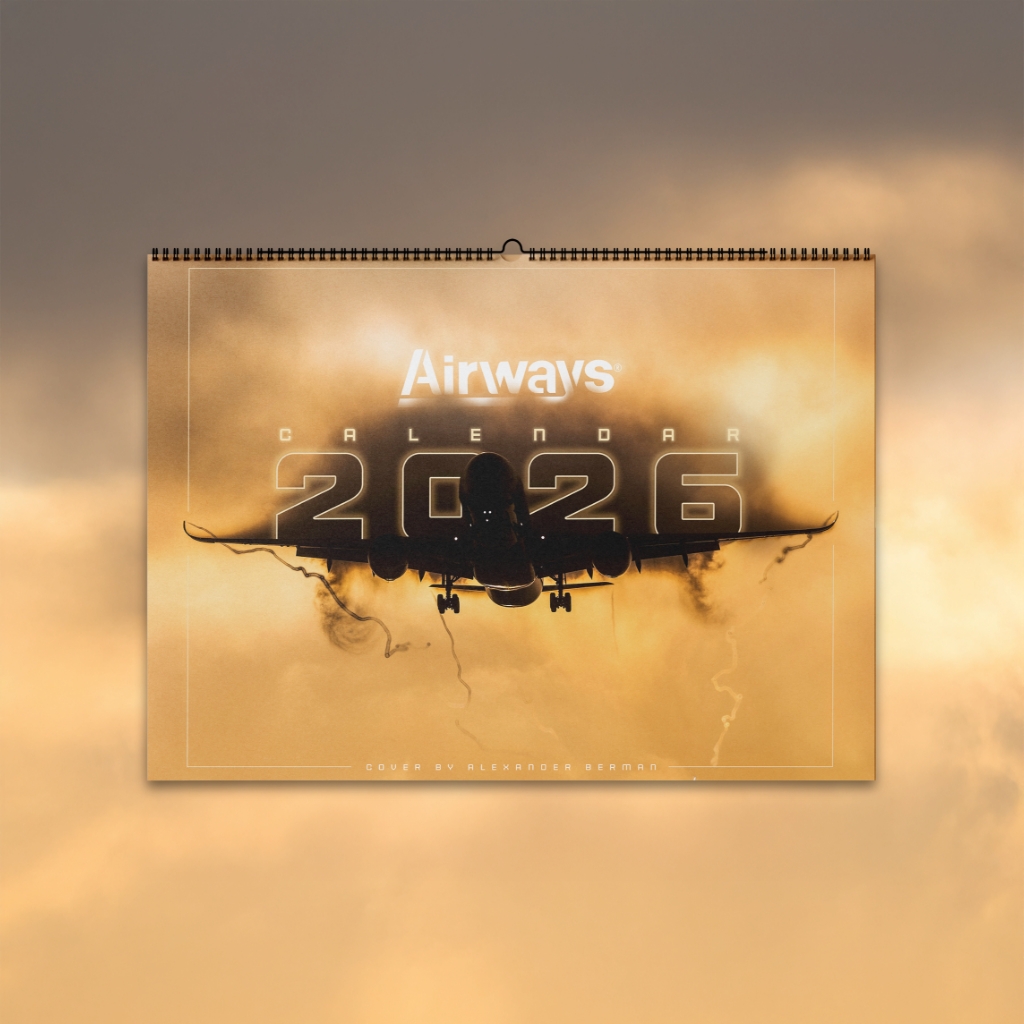DALLAS – Swiss International Air Lines (LX) has became the world's first passenger airline to implement the carbon-efficient AeroSHARK film technology that reduces aircraft carbon emissions. This technology improves aircraft performance and reduce carbon emissions during flight.
The Swiss flag carrier, a subsidiary of the Lufthansa Group, has taken a huge step forward in reducing its carbon footprint. Transparent AeroSHARK film is being gradually applied to all of its Boeing 777-300(ER) aircraft. The film replicates the hydrodynamic skin of a shark, where the fuselage and engine nacelles are covered with the film.
SWISS’s first Boeing 777-300(ER) with registration HB-JNH has been equipped with the new film, and the aircraft has already operated its first revenue-generating passenger flight between Europe and the United States. The innovative AeroSHARK technology was tested on the LX flight between Zurich (ZRH) and Miami (MIA) on Friday, May 10. In addition, SWISS’s AeroSHARK program is also supported by the Swiss Confederation through its special funding for environmental projects.
“Our adoption of AeroSHARK is an excellent example of how we can use innovative technologies to make air travel more sustainable,” says SWISS CEO Dieter Vranckx.

Using Technology to Improve Sustainability
During the flight, the layer of film reduces aerodynamic drag and, as a result, lowers both fuel consumption and carbon dioxide emissions. Thus, this helps the airline to reduce the environmental impact of its flights while also saving on fuel costs since fuel burn is reduced.
“Our aircraft fleet is already one of the most advanced and most carbon-efficient in Europe. Thanks to AeroSHARK, we can enhance these credentials even further in a field where every saving counts. We are proud to be the first passenger airline in the world to adopt this new technology. And we will continue to consistently invest in such sustainable solutions.” added Vranckx.
SWISS and Lufthansa Technik have applied the technology, which draws its inspiration from the skin of a shark to the first aircraft in the LX Boeing 777-300ER fleet, after trailing inflight performance together with external specialists over the past few weeks.
.avif)
Carbon-neutral Operations
AeroSHARK is a special film which has been jointly developed by Lufthansa Technik and chemicals and coatings manufacturer BASF. The film features tiny 50-micrometer riblets that reduce aerodynamic drag during flight. LX has twelve Boing 777s in its fleet, which will all be gradually equipped with AeroSHARK film.
AeroSHARK is just one of the ways LX is striving to reduce its carbon dioxide emissions and make air travel more sustainable. Other initiatives LX will use to achieve this include investing in sustainable aviation fuel (SAF), which is manufactured from biogenic waste. SAF presently produces 80 percent less carbon dioxide than conventional jet fuel.
LX already uses SAF and is promoting and supporting further research and trials in the field together with the Lufthansa Group. SWISS hopes to halve its net carbon dioxide emissions recorded in 2019 levels by the year 2030. The airline aims to be entirely carbon-neutral by 2050.
This video provides further interesting insights into the topic.
.avif)


.webp)
